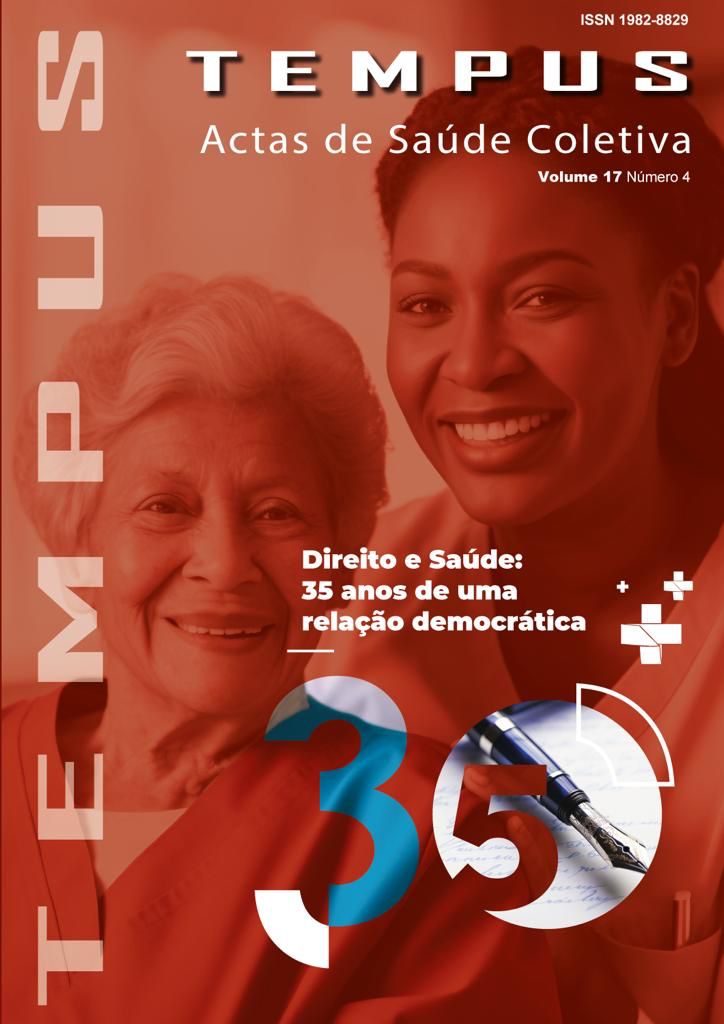Abstract
The judicialization of politics contemplates the judicialization of health with effects on the individual and collective right to health. During the Covid-19 pandemic, there was a recurrent call from the STF (the Brazilian Federal Court of Justice) to act on matters of the aforementioned nature. Ran Hirschl recognizes three faces of the judicialization of politics: judicialization of social relations, judicialization “from below”, and judicialization of mega-politics. This study is based on the hypothesis of the existence of a new face or sub-face arising from the scenario of judicialization of health, resulting from the pandemic. To test it, the COVID Action Panel available on the STF website, from February 2020 to May 28, 2021, was analyzed under a quanti-qualitative perspective. The results are structured in three sessions that allude to: Judicialization of the Policy, faces and drawings; STF performance during the pandemic and a judicialization of federal political conflicts; And the judicialization of the collective right to health under the prism of Ordinary Civil Actions during the pandemic. It is concluded that there is a new face of the judicialization of politics present in the actions related to Covid-19, which contemplates conflicts that are found between cases of pure politics and the achievement of constitutional rights. This premise expresses the originality of this survey, characterized by theoretical relevance, by identifying a new face in an internationally referenced theory. And addition to practical contribution by presenting a reflective analysis of contemporary themes. As a limitation, it is possible that the hypothesis of this new face of the judicialization of politics can be refuted or confirmed through analysis of the judicialization of other rights, in constitutional jurisdiction or not.
A Tempus garante critérios rigorosos, por meio de avaliação sistemática. Os autores se responsabilizam pela veracidade e ineditismo do trabalho cabendo a eles a cessão de direitos de publicação à revista. A confiabilidade dos conteúdos e a marca própria de apresentação tem como objetivo uma comunicação personalizada, adaptada aos padrões da revista, na medida em que adota critérios de excelência exigidos por seus usuários e especialistas, considerando os rigores da comunicação científica. Os autores devem especificar sua contribuição individual na concepção, delineamento, execução do trabalho, análise ou interpretação dos dados, redação e aprovação final do manuscrito. Incluir Fontes de financiamento e de apoio logístico das pesquisas. Ao final da submissão do artigo, os autores devem enviar uma declaração de cessão de direitos de publicação à Revista TEMPUS , assinada e no formato PDF (Portable Document Format ): Modelo da declaração de cessão de direitos.
